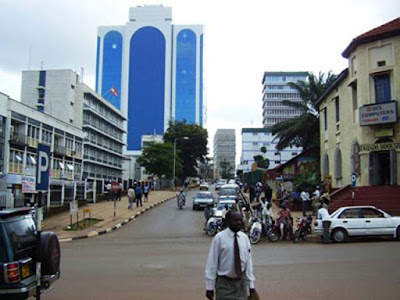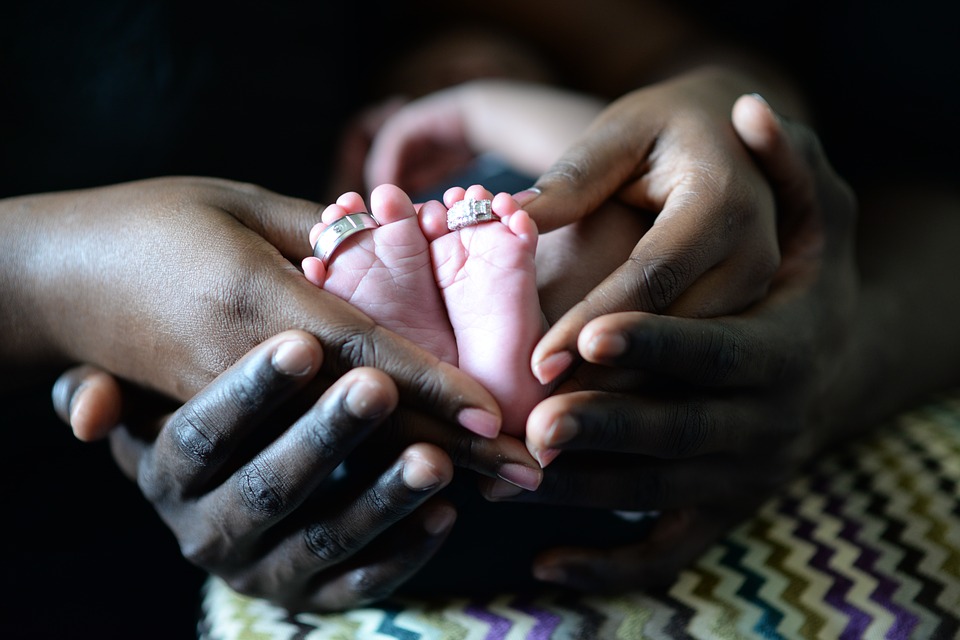African Repatriation: Journey Back To The Continent
Written by Joshua Chikudo; Edited by K. Omodele @TheAbeng
Ever since I was a little boy growing up in Southern Africa, Africans have left the continent in search of so-called greener pastures abroad. These Africans had professional ambitions, sought better living conditions and wanted to explore the world. Many became doctors, lawyers, tech professionals, financial gurus, etc. But then, due to declining opportunities in their adopted countries, some were forced to accept jobs for which they were overqualified. For example, some of these Africans who migrated with advanced degrees settled for jobs as domestic helpers, chauffeurs, care givers, security guards, construction workers. In recent tears, I have seen an increasing number of these migrants returning home to Africa, raising hopes that the brain drain has been reversed.
Whereas previous policies, such as those built on socialist principles, drove away investors, today, Africa offers great economic opportunities, with better governance, improved property rights and respect for human rights.
Economic growth in the continent is expected with governments prioritizing political stability and opening free-market economies, which has in turn lured foreign investment. Of course, corruption is another major catalyst that deters foreign direct investment – by multinational companies and Africans of the Diaspora. Many citizens of African nations now welcome new, relentless anti-corruption campaigns. A noticeable example is Rwanda, East Africa, where President Kagame has introduced a one-stop solution which combines all the government agencies responsible for the investment process under a single roof, thereby reducing time loss, the possibility of corruption and other unnecessary deterrents to investment.
In East Africa, the formation of the East African Community (E.A.C) has a potential 130 million customers. A decade (2004-2013) of 6.2 percent economic growth rate* has piqued investors’ interest. American power-houses like GE and Microsoft have found new homes in East Africa, creating jobs that attract skilled workers and professional talent from the African Diaspora.
In West Africa, market growth appeals to the Diaspora community and encourages foreign investment. The market capital of the West African Regional Stock Exchange grew to US$ 15.1 billion last year, up 9% from 2014 (Wall Street Journal, 2016). The eight French-speaking countries** in West Africa that share a common currency( the CFA franc*** ) also share the stock exchange, which is based in Abidjan, Ivory Coast. The presence of multinational corporations has created employment, not only for locals, but also for repatriating Africans.
The Southern African Development Community (S.A.D.C) welcomes those returning Africans with open arms. Economic and infrastructural development in Mozambique, Congo and Angola have been attracting an experienced labor force of engineers, etc. Countries that had once possessed heavily-regulated economic adjustment programs have openly debated their policies and readjusted them in order to attract investors. The S.A.D.C has a potential of over 220 million consumers and now encourages free and open trade.
The North African region has experienced the aftermath of the Arab Spring uprising, which initially slowed down economical growth. The region, like much of Africa, has been hobbled by political ineptitude and corruption which contributed to migration. Egypt’s government, however, has introduced reform through new investment laws that have afforded investors more protection and have created one-stop shops which eliminate long waiting periods for licenses from government agencies. Today, foreign companies are partnering with North African companies to launch joint ventures in viable markets. Such is the case with Vice Media which, in launching Viceland Africa, has created hundreds of media jobs in North Africa. (Wall Street Journal, 2016)
Because of this new, positive climate in private business sectors, Africans in and around the Diaspora are now considering repatriating. Besides the potential for economic growth in Africa, the xenophobic back lash against African immigrants combined with economic uncertainty across Europe has contributed to Africans, and African descendants, reconsidering the future. Some have already repatriated and have begun business start-ups, thereby creating more domestic revenue and opportunities for local workers. The future for the continent is bright; the political environment is more stable than ever. The business climate of Africa in this current epoch, this age of information, is conducive to bringing in investment, especially for those in the African Diaspora.
* In the top 20 percent of “the distribution of 10-year growth rate world-wide since 1960.” (IMF Working Paper African Department: How Solid Is Economic Growth in the East African Community? Prepared by Nikoloz Gigineishvili; Paolo Mauro; Ke Wang)
** Benin, Burkina Faso, Guinea-Bissau, Cote d’Ivoire, Mali, Niger, Senegal, and Togo
***CFA – Commicaute Financiere d’Africque (Financial Community of Africa)
Joshua Chikudo began his business career in the hotel and casino industry and has over 14 years of experience in business development. He has a long and successful track record helping investors from all over the globe structure and seal investments in a number of countries in Africa, Europe and across North America. Joshua Chikudo combines extensive entrepreneurial experience in various markets with a deep commitment to rebranding and rebuilding Africa. In 2006, he created Consulting JC, a consulting firm that maintains up-to-date market analysis and data, educates clients about socio-political environments in emerging markets and developing countries while proactively seeking new opportunities.
Mr. Chikudo is passionate about new construction technology that is durable, affordable, energy efficient, and pest- and disaster-resistant (such as Organo and Structural Insulated Panels) that provide solutions in building Africa and countries in the developing world.











